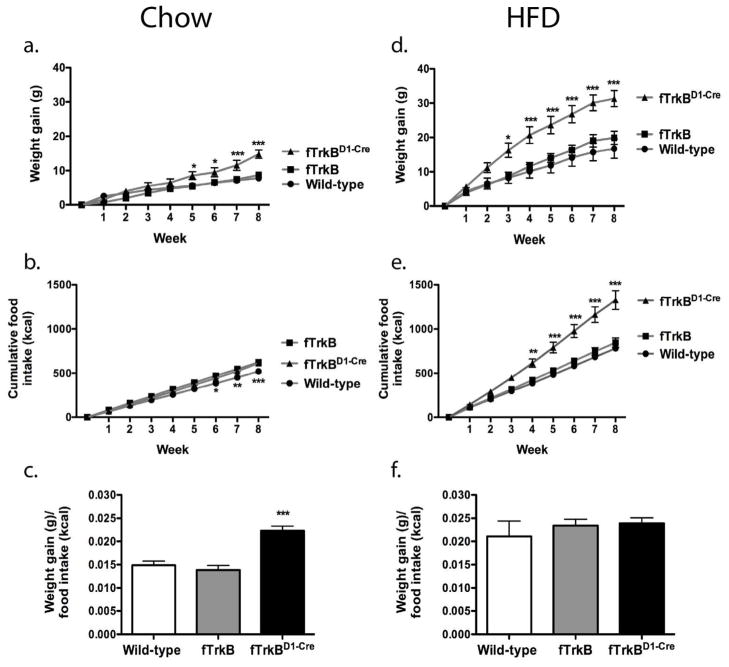Figure 1. Trk B signaling dopamine 1 receptor neurons regulates body weight.
Male wild-type, fTrkB, and, fTrkBD1-Cre littermates were placed on chow or HFD for eight weeks after weaning. In chow-fed mice, loss of Trk B signaling in D1 neurons increased weight gain (a; significant interaction of genotype x time [F(16,162)=3.82, p<0.0001] by Two-way ANOVA), and cumulative calorie intake (b; significant genotype x time interaction [F(16,162)=2.56, p=0.0015]. In mice fed HFD, loss of Trk B sigaling in D1 neurons increased weight gain (d; significant genotype x time interaction [F(16,225)=2.66, p=0.0007] and cumulative calorie intake (e; significant genotype x time interaction [F (16,225)=6.58, p<0.0001]. Comparison of feed efficiency (weight gain/cumulative calorie intake) demonstrates that loss of Trk B signaling in D1 neurons increases feed efficiency on chow (c; One-way ANOVA, F(2,18)=18.46, p<0.0001), but not HFD (f; One-way ANOVA, F(2,25)=0.542, p=0.588). N = 8 (wild-type/chow), 8 (fTrkB/chow), 5 (fTrkB D1- Cre/chow), 7 (wild-type/HFD), 11 (fTrkB/HFD), 10 (, fTrkBD1-Cre/HFD). *P < 0.05, **P < 0.01, ***P < 0.001. Data presented as mean ± S.E.M.

